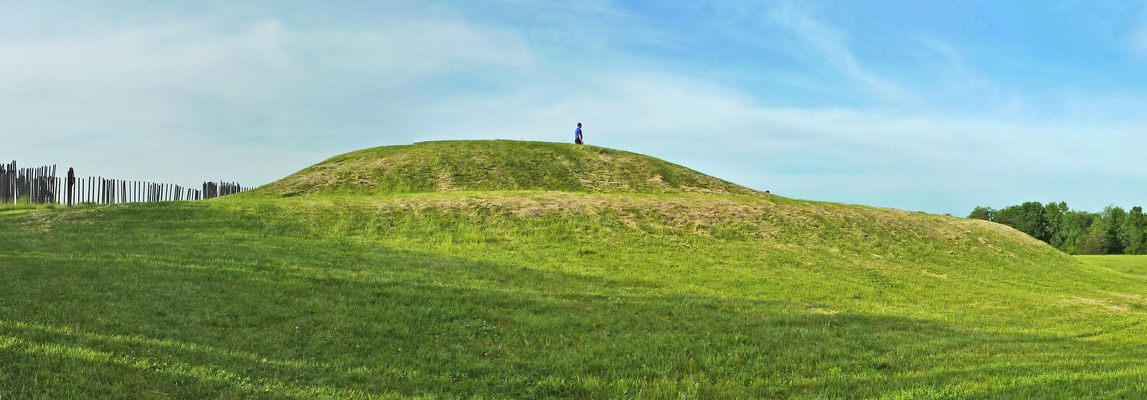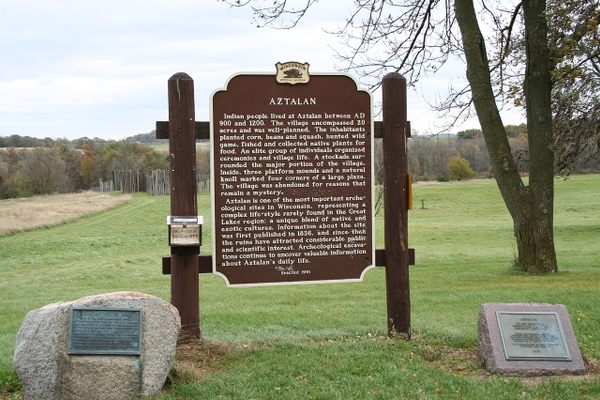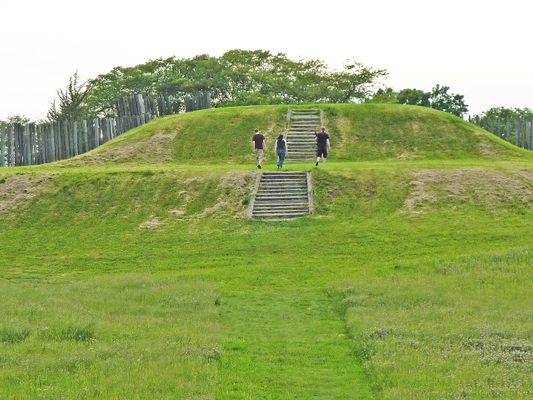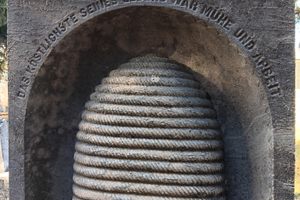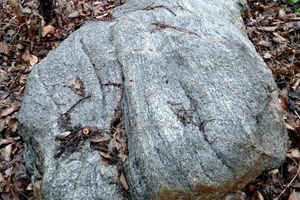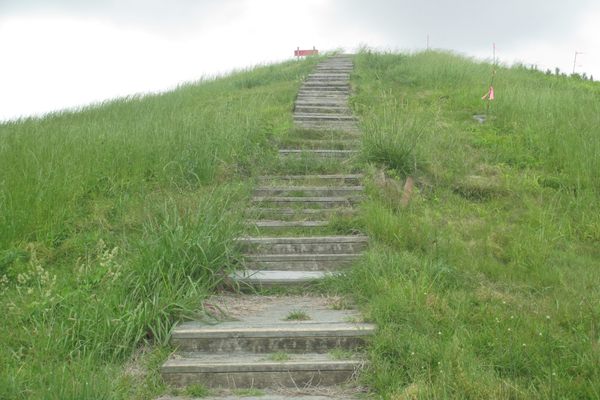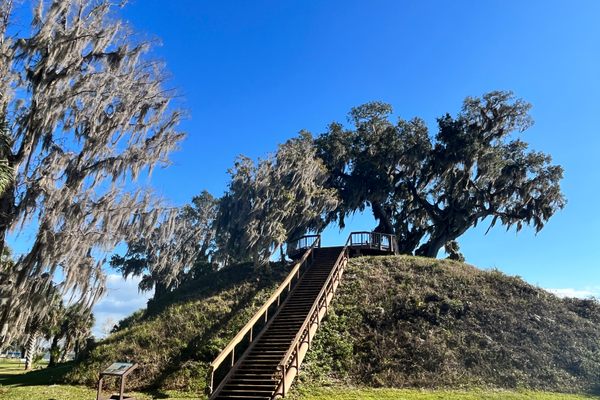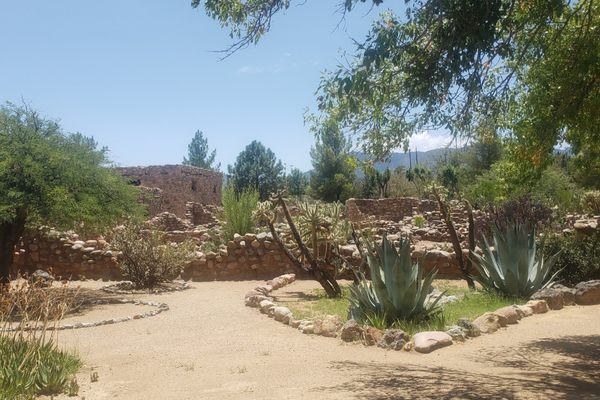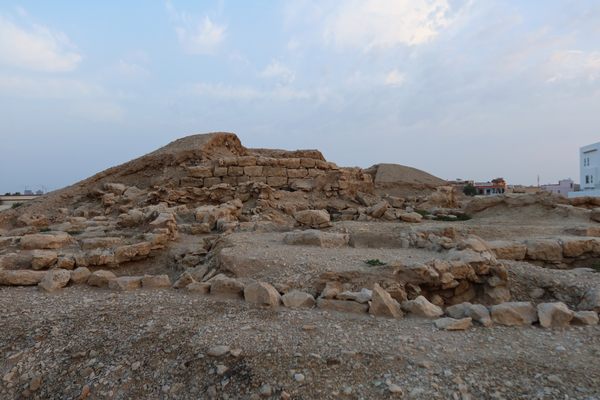About
Just outside the small town of Lake Mills, Wisconsin, there is something quite unexpected: the remains of three large tiered step pyramids and still existent earthwork marker mounds. The site joins the Crawfish River and inhabits over 120 acres.
Now a state park, Aztalan is the site of an ancient Mississippian culture settlement that flourished during the 10th to 13th centuries. While many elements of Mississippian culture remain unknown, these Indigenous peoples are known for the massive earthwork mounds they built for religious and political purposes. Evidence of their settlements can be seen in a number of places in what is now the United States, from the Midwest to the East Coast.
Aztalan was part of the Middle Mississippian Tradition, the center of which was a massive settlement is at Cahokia, in present-day Illinois. Historians believe that Aztalan was settled around 900 and abandoned between 1200 and 1300. In its heyday, the settlement would have been filled with small houses and a communal plaza, but most of those structures have been lost to time. What remains are the prominent flat-topped mounds and the stockades, which are believed to have ceremonial and defensive functions.
Archeological excavations began at Aztalan in the early 20th century, along with efforts to protect the important historic landscape. In 1952, the site was opened to the public as Aztalan State Park. Exploring the site, with its large climbable step pyramids, will open a sense of wonder.
Related Tags
Know Before You Go
Eat in Lake Mills, Wisconsin before visiting. Give yourself plenty of time walk the grounds. Also look into the mysterious underwater pyramids in Rock Lake—a few short miles from Aztalan.
Published
June 17, 2021
